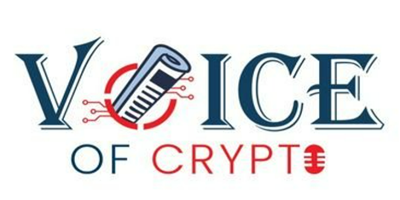Thanks to its decentralized and transparent nature, blockchain technology has been and is still revolutionising several industries worldwide. The fundamental concept of this entire technology is the concept of governance. This determines how decisions are made and implemented within a blockchain network.
Blockchain networks rely on decentralized governance models that empower participants to come together to collectively shape the future of the entire network. The different governance models within the blockchain network include:
● On-Chain Governance
The decision-making process taking place directly on the blockchain network is known as on-chain governance. In the on-chain governance model, participants get the right to use the built-in mechanism to propose and vote on several protocol upgrades, changes, or improvements. This model allows all stakeholders to participate in the decision-making, thus ensuring transparency and inclusivity.
● Off-Chain Governance
In this model, the stakeholders make decisions outside the blockchain platform. They rely on forums, discussion platforms, and other such communication channels to debate and propose changes. This model offers faster and more flexible decision-making processes. However, it is also susceptible to centralization.
● Hybrid Governance
As the name suggests, this model features the best of both systems. This model aims to strike a balance between decentralization and efficiency. For instance, while they would rely on off-chain platforms for brainstorming and gathering feedback, the voting would take place on the on-chain system. With this, there will be transparency in decision-making, and at the same time, it would allow more rapid iterations.
Blockchain Governance in Today’s Era
The governance models in a blockchain network are crucial when it comes to the network’s scalability, security, and adaptability. Greater transparency in decision-making would induce more trust in participants. To add to it, an efficient government model would result in the evolution of blockchain networks and their adaptability to the changing needs and emerging technologies.
An efficient blockchain governance model without a doubt is the need of the day. However, these models have challenges of their own. Achieving consensus among such a diverse group of participants can be quite tricky and time-consuming. Striking a balance between decentralization and efficacy is yet another challenge that blockchain governance needs to work on. To add to it, the threatening possibilities of collusion or manipulation in the governance models also indicate the need for robust mechanisms for checks and balances.
Despite all challenges, having an efficient governance model for blockchain networks is becoming more and more essential for ensuring decentralized decision-making. The presence of an efficient blockchain governance system fosters trust among stakeholders and allows the network to adapt and grow.

With continued advancements in technology, blockchain governance is also expected to advance accordingly. As a result, we are witnessing more inclusive and effective decision-making with every passing day.
